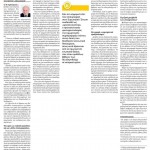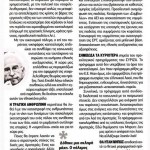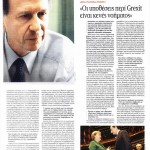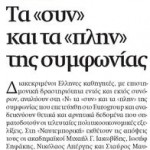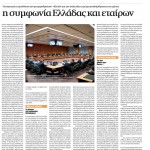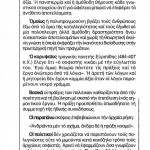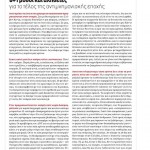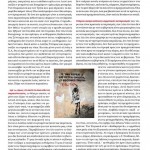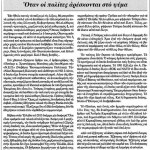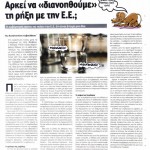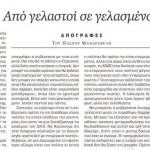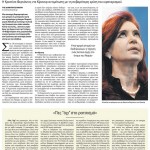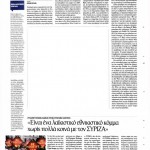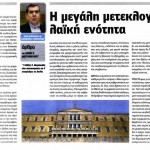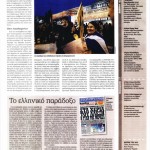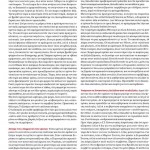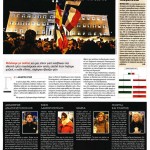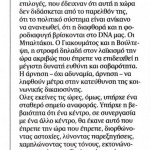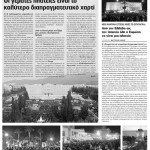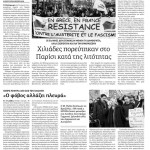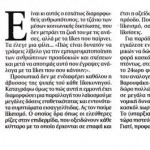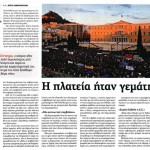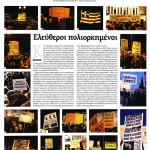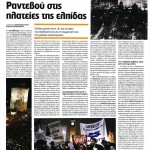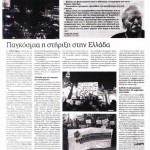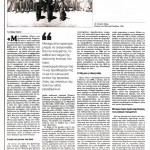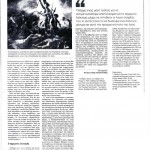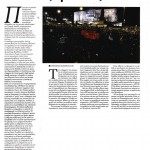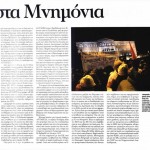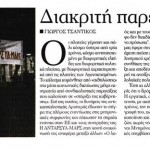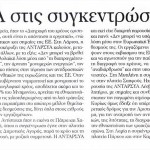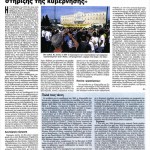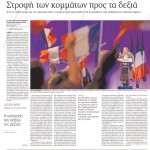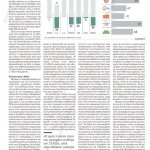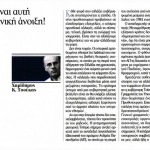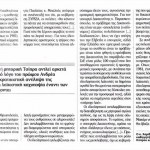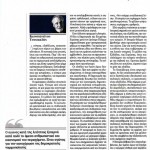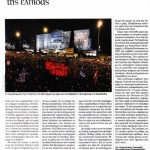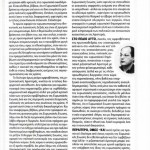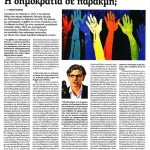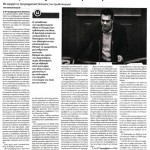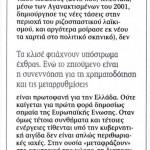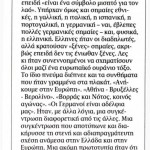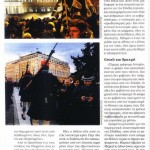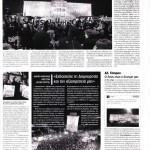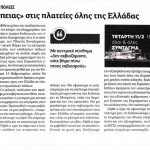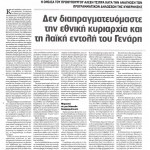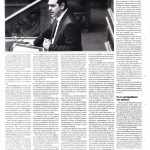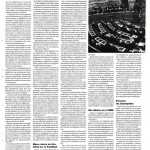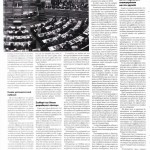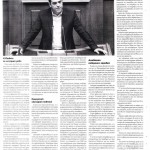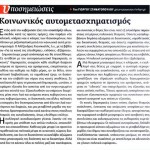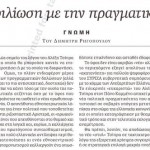Monthly Archives: February 2015
Published in European Parties Elections and Referendums Network (EPERN), 27/2/2015, https://epern.wordpress.com/2015/02/27/the-european-radical-left-beyond-syriza-a-new-left-wing-zeitgeist/
Abstract
Conceptually, populism has no specific relationship to gender; in fact, gender differences, like all other differences within ‘the people’, are considered secondary, if not irrelevant, to populist politics. Yet populist actors do not operate in a cultural or ideological vacuum. So perhaps it is the national culture and broader ideology used by populists that determine their gender position. To explore this argument, we compare prototypical cases of contemporary populist forces in two regions: the Dutch Partij voor de Vrijheid (PVV, Party for Freedom) and the Dansk Folkeparti (DF, Danish People’s Party) in Northern Europe, and the Partido Socialista Unido de Venezuela (PSUV, United Socialist Party of Venezuela) and the Bolivian Movimiento al Socialismo (MAS, Movement for Socialism) in South America. Populists in Northern Europe are predominantly right-wing, yet mobilize within highly emancipated societies, while populists in South America are mainly left-wing and mobilize in strongly patriarchal societies. Our analysis provides a somewhat muddled picture. Although populists do not necessarily have a clear view on gender issues, the latter are clearly influenced by ideology and region. While left-wing populists tend to be relatively progressive within their traditional South American context, right-wing populists mainly defend the status quo in their progressive Northern European context. However, in absolute terms, the relatively high level of gender equality already achieved in Northern Europe is at least as advanced as the one proposed by the populists in South America.
Published online: 26 Feb 2015, in Patterns of Prejudice, DOI:10.1080/0031322X.2015.1014197, http://www.tandfonline.com/doi/abs/10.1080/0031322X.2015.1014197#.VPymNPmsWAU
Abstract
Although scholarship on the general ideological orientation of right-wing populist parties is well established, few scholars have studied their ideas about gender. De Lange and Mügge therefore ask how differences in ideology shape right-wing populist parties’ ideas on gender. Drawing on the qualitative content analysis of party manifestos, they compare the gender ideologies and concrete policy proposals of national and neoliberal populist parties in the Netherlands and Flanders from the 1980s to the present. They find that some parties adhere to a modern or modern-traditional view, while others espouse neo-traditional views. Moreover, some right-wing populist parties have adopted gendered readings of issues surrounding immigration and ‘Islam’, while others have not. The variation in stances on ‘classical’ gender issues can be explained by the genealogy and ideological orientation of the parties, whereas gendered views on immigration and Islam are influenced by contextual factors, such as 9/11.
Published online: 26 Feb 2015, in Patterns of Prejudice, Volume 49, Issue 1-2, pages 61-80, DOI: 10.1080/0031322X.2015.1014199, http://www.tandfonline.com/doi/full/10.1080/0031322X.2015.1014199#preview
Abstract
Is the relationship between populist leaders and those in their parties always charismatic? Although many scholars of populism assume this, the attribution of ‘charisma’ is invariably based on how leaders present themselves rather than how purported followers within parties perceive them. In line with the literature on charisma, this article takes the latter approach, using interviews conducted between 2009 and 2011 with 111 elected representatives and grassroots members (i.e. ‘the coterie’) to examine how three European populist leaders regularly termed ‘charismatic’ – Silvio Berlusconi, Christoph Blocher and Umberto Bossi – were viewed within their parties. The article finds evidence of three different leadership types, with Bossi very clearly satisfying the conditions for coterie charisma, Berlusconi largely (but not entirely) fulfilling them, and Blocher only partially doing so. Finally, it presents new data showing the very damaging effects of Bossi’s subsequent downfall on his party’s organisation.
Article first published online: 13 FEB 2015, Political Studies, DOI: 10.1111/1467-9248.12195, http://onlinelibrary.wiley.com/doi/10.1111/1467-9248.12195/full

